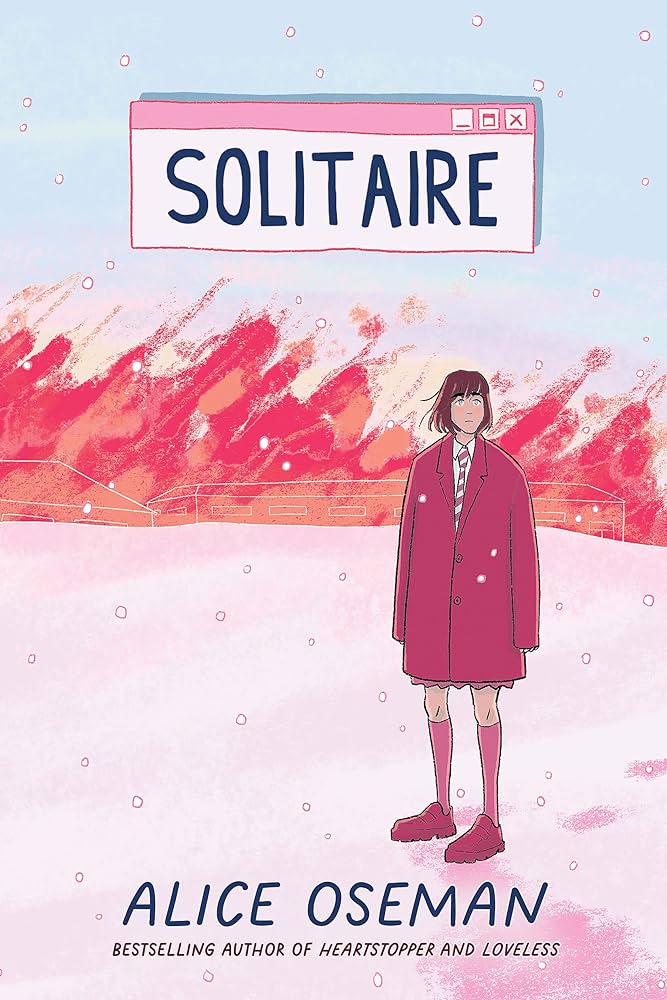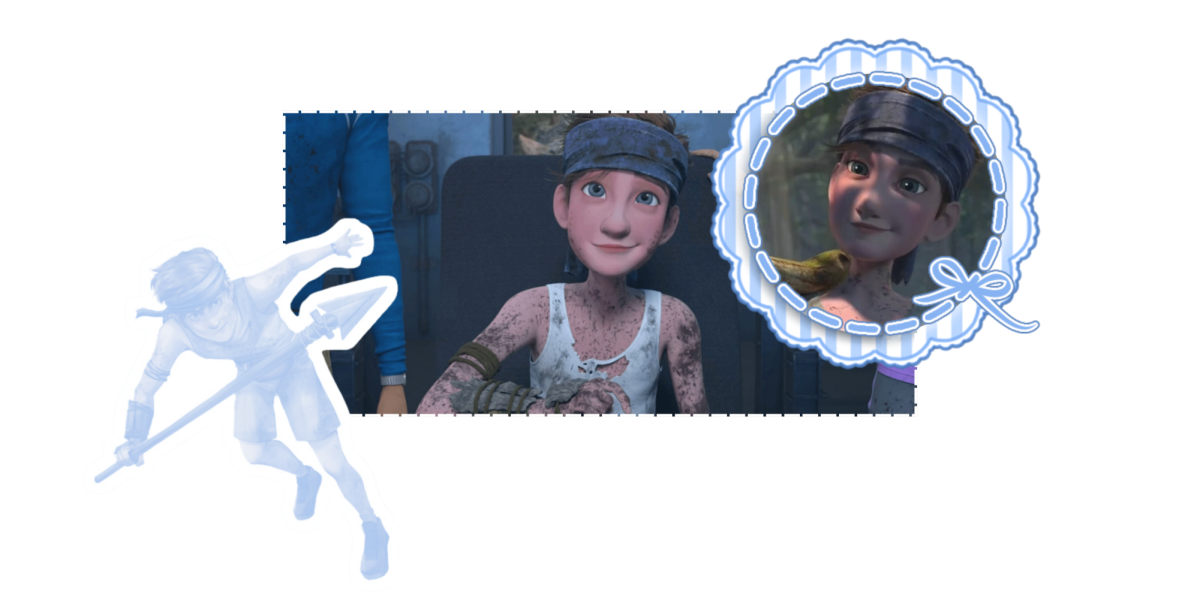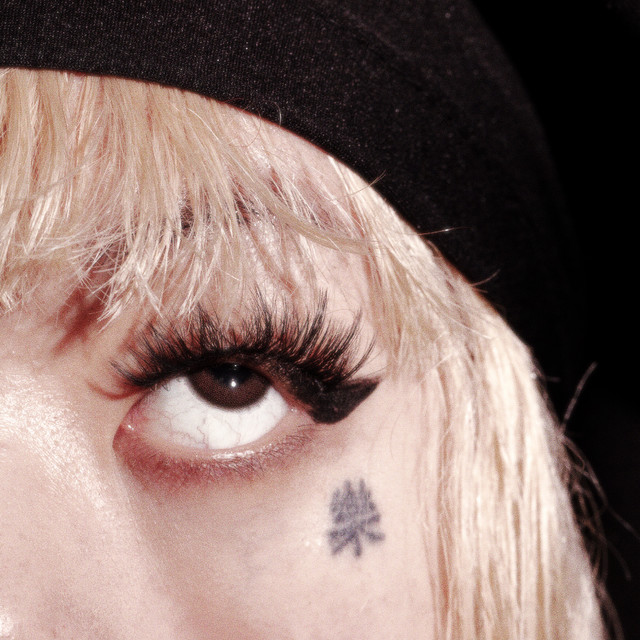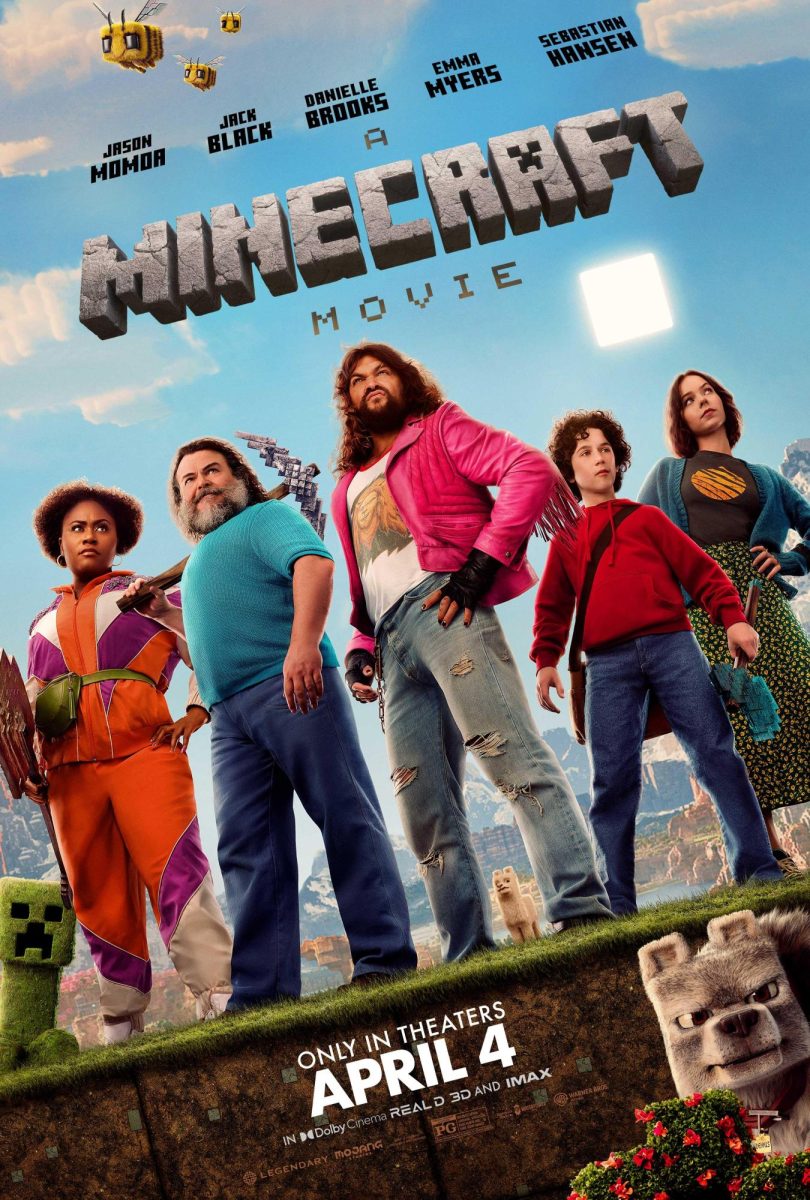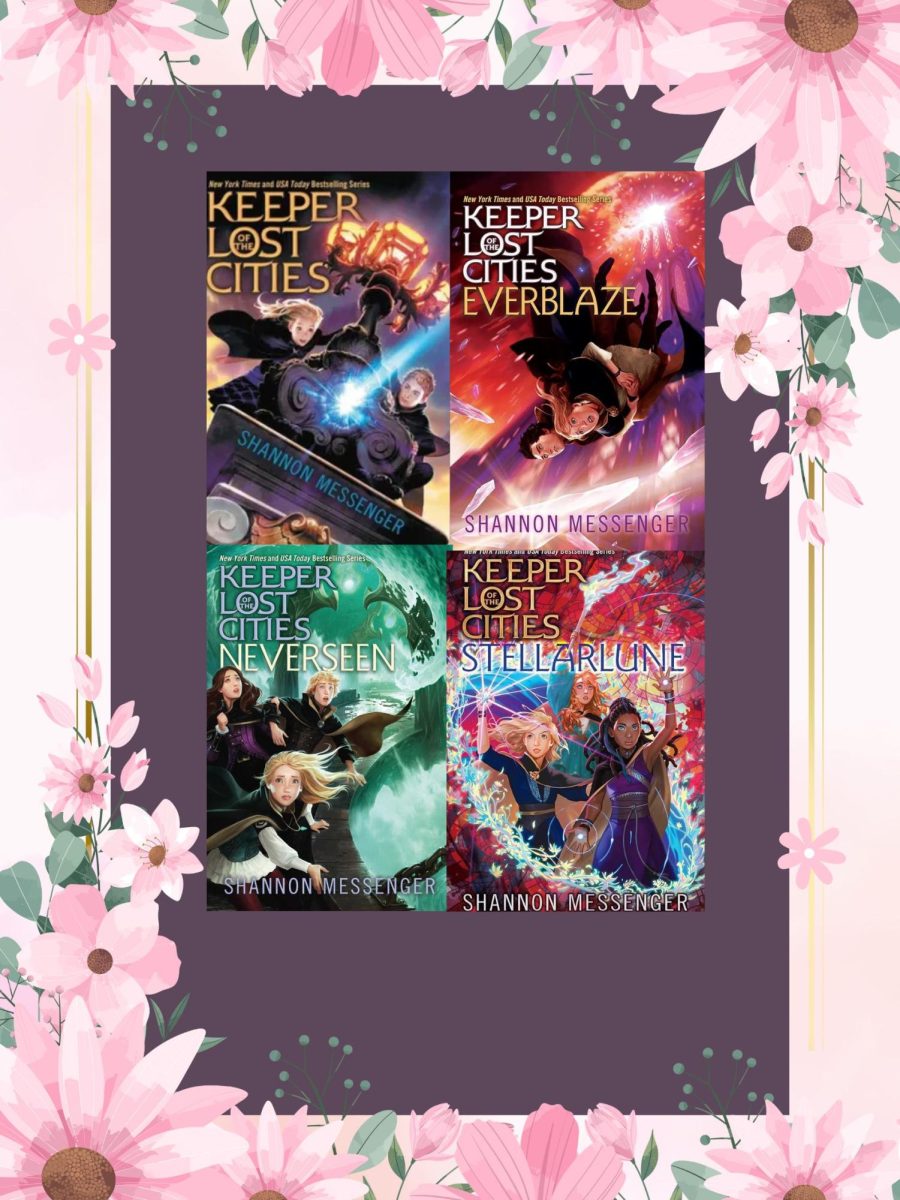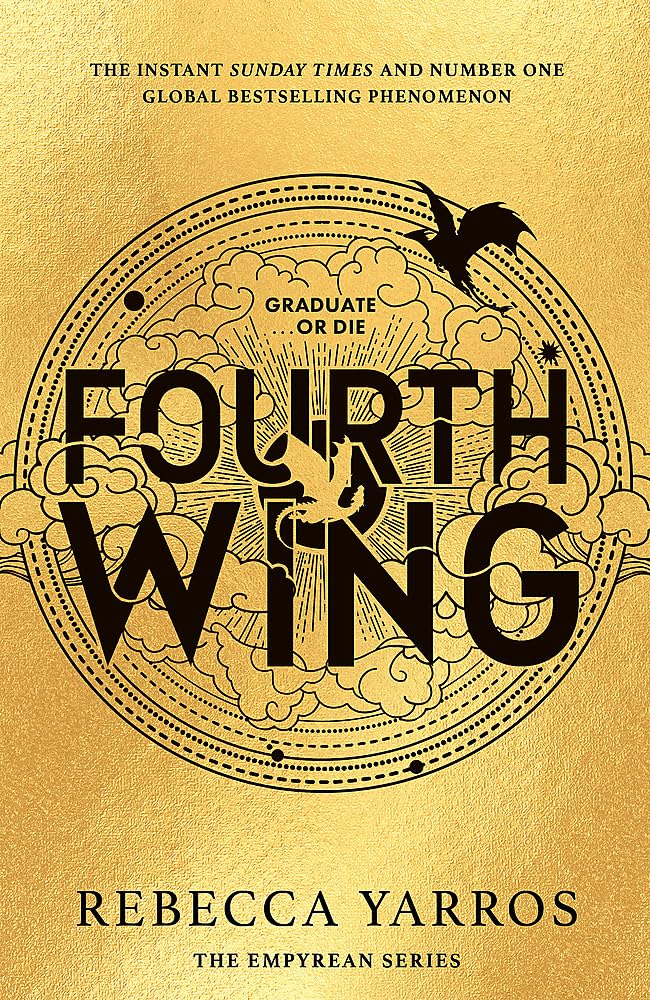Solitaire by Alice Oseman is a book speaking on the social struggles at school through the perspective of the asocial and awkward Tori Spring.
Solitaire is absolutely worth the read. Osemans’s storytelling makes it very easy to care about her characters and their lives.
Solitaire shows a unique perspective: a pessimistic, socially awkward teenage girl who thinks far more than she speaks and often feels misunderstood when she does. This differentiates Solitaire from the cliche YA novel about an outgoing character trying to navigate the difficult social circle of high school, rather a girl who prefers to stay on the outside. Her overthinking provides a relatable perspective to readers who struggle with anxiety.
We see Tori go through cycles of overthinking before coming to the conclusion that her voice does not matter, all while still having good ideas. This makes Tori a character that you want to read more about, a character you want to see grow.
One example of Tori’s anxious spiraling that stood out to me occurred after things go wrong at her best friend’s party, causing her to leave early. She reflects, “It’s very dark in my room, but my blog home page, open on my lap screen, acts as a dim blue lamp. I pace around in circles, around and around until my feet hurt. I put on some Bon Iver and then some Muse and then some Noah and the Whale—you know, really dumb, angsty stuff. I cry and then I don’t. There’s a text on my phone, but I don’t read it. I listen to the dark. They’re all coming to get you. Your heartbeats are footsteps. Your brother is psychotic. You don’t have any friends. Nobody feels bad for you. Beauty and the Beast isn’t real. It’s funny because it’s true. Don’t be sad any-more. Don’t be sad anymore.”
Solitaire portrays complex, authentic, and realistic relationships between characters, such as Tori’s relationship with her brothers. We see more of her soft and compassionate side through her interactions with them. She frequently worries about her oldest brother’s mental health and does everything she can to protect her youngest brother from their family problems and mental health struggles in order to make sure he has a healthy childhood.
When Tori spends the afternoon playing with her younger brother and her friend, Micheal after her rough night at the party. She’s doing her best to keep her brother cheerful and unaware because she doesn’t want him to be as unhappy as she has become.
“Oliver studies him with judging eyes. After a moment’s contemplate he holds a hand up to his mouth and whispers loudly to me ‘Is he your boyfriend?’ This actually makes me laugh. Out loud. A real laugh. Michael laughs too, and then stops and looks at me while I continue smiling. I don’t think he’s seen me laugh before. Has he seen me smile properly before? He doesn’t say anything. He just looks.”
Solitaire offers good commentary about the flaws in the school system and the impact it has on student’s mental health. The author really says the quiet part out loud through this book, talking about how the education system makes students feel unvalued and dumb if they can’t meet specific requirements and how difficult it can be to navigate highschool cliques. We see this through a conversation between characters Tori Spring and Micheal Holden. “’It’s so unfair,’” he continues. ‘School literally doesn’t care about you unless you’re good at writing stuff down or you’re good at memorizing or you can solve bloody equations. What about the other important things in life? Like being a decent human being?’”
Solitaire does not shy away from discussing many real world issues. If you enjoy realistic, relatable fiction from a brutally honest, yet deeply caring perspective, Solitaire is the book for you.

